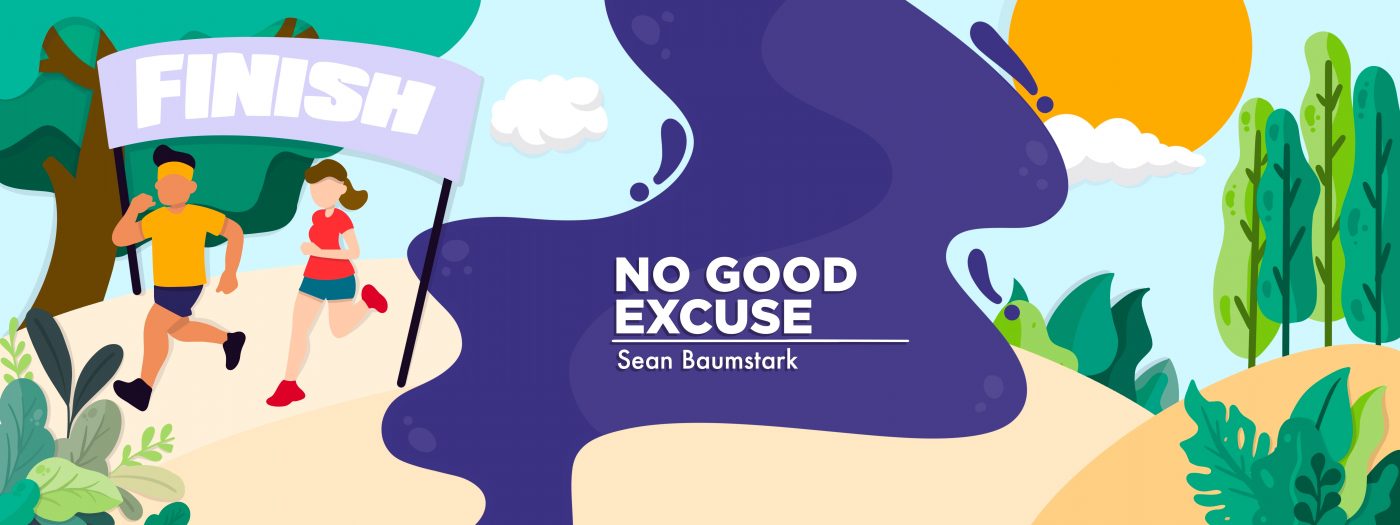My Independence May Change, but Not Go Away
Written by |

I’m spending a couple days on the road right now, sharing some of my story and philosophies at a fundraiser. This is the first in-person event I’ve participated in since friends at Amicus Therapeutics invited me and my podcast co-host, Kyle Bryant, to their office in February 2020.
I’m here on behalf of the small nonprofit, Nebraska Ataxia, which aims to support families with limited resources and are dealing with Friedreich’s ataxia (FA) get help with medical expenses, physical therapy or exercise, or acquire assistive equipment.
Over dinner tonight, one of the organizers and I started talking about the stages of our disease progression, our assistive devices, and the different ways we benefit from the help of others.
Asking for help
A common thread in our conversation was how life is made better by others, and it was apparent to me that we are both grateful for the people around us. Although our disability may push us toward a strong desire for independence, I know that independence doesn’t have to mean not asking for help, or that I do everything on my own. In fact, I’d argue that nobody can do everything on their own all the time. We all need others to one degree or another.
There are different degrees of disability, of course, and different people will face their own set of limitations. My brother suffered a spinal cord injury last year at the age of 41 and has a completely different level of need than I do at this stage of life.
Although my brother currently leans on around-the-clock care in a rehab facility, he has the power to think independently and the freedom to choose his perspective and attitude. Some days are certainly harder than others, but his physical limitations are just one element of life for him right now.
Help from another person can come in the form of sharing a laugh or an embarrassing story over a drink, talking with a counselor or a mentor, or opening up to a loved one. We all benefit when we let others step in and help. After all, even able-bodied, world-class athletes rely on the help of coaches and teammates for their athletic success.
As my disease progresses and my abilities change I know I will have to redefine what my independence means. I want to be careful that I don’t mistake asking for help with no longer being independent.
***
Friedreich’s Ataxia News is strictly a news and information website about the disease. It does not provide medical advice, diagnosis or treatment. This content is not intended to be a substitute for professional medical advice, diagnosis, or treatment. Always seek the advice of your physician or another qualified health provider with any questions you may have regarding a medical condition. Never disregard professional medical advice or delay in seeking it because of something you have read on this website.The opinions expressed in this column are not those of Friedreich’s Ataxia News or its parent company, Bionews, and are intended to spark discussion about issues pertaining to Friedreich’s ataxia.







Jean Walsh
Right on as usual Sean. No one is independent. That's one big American myth...well maybe the hermit living by himself in the forest, but even he/she had someone pointing out the poisonous berries at some point.
Sean Baumstark
Ha, you are so right, Jean! At some point and to some degree, "others" play a significant part of growth. (Sorry I overlooked your comment - I hope you're still reading) :)
Melinda Younes
This was very helpful for me being newly diagnosed with this disease. I did have health problems from childhood, but was never found or diagnosed. Now at 58 years old I am learning my new life from you and all of you. This is hard, but all of y’all’s experiences and advice is so helpful for me. I appreciate what I am learning from you and y’all. Thank you
Sean Baumstark
Hi Melinda! Thank you for reading and taking the time to share a bit. I'm glad you are finding some help from the experiences many of us share - that's what makes community and vulnerability so powerful. I hate that you know this diagnosis, but I'm glad you're here - welcome to the club, friend!